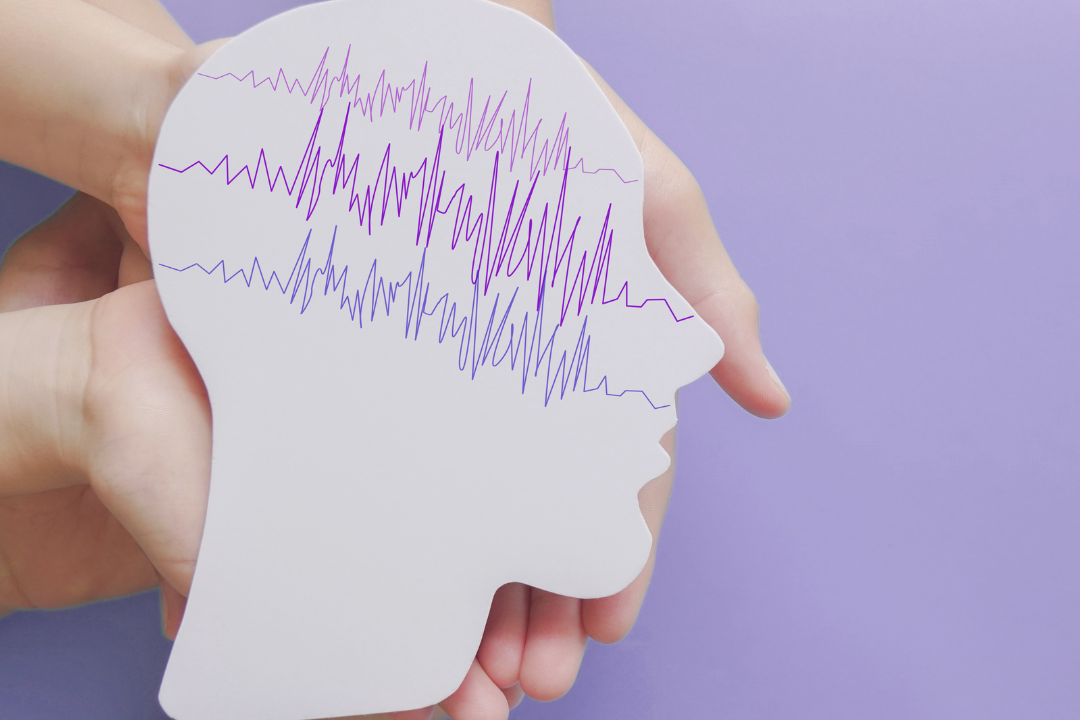Share This Story, Choose Your Platform!
The Beautiful Mind
Our current understanding of mental health is still mostly influenced by the medical model, which views cognitive differences as disabilities or diseases. Terms like autism spectrum disorder (ASD) and Attention Hyperactivity/Deficit Disorder (ADHD) are just two ‘disabilities’ that reflects this disability focused perspective. In many ways, our thinking about individuals diagnosed with Autism, focuses on the limitations of these individuals instead of the strengths.
Neurodiversity is a multifaceted experience and some of our most important inventions, art, music, and discoveries, come from neurodiverse minds. Through neuroscience, we have seen that autistic brains differ from the “normal” brain, but not only that, each autistic brain, differs from the next.
Neurodiversity presents differently in males than in females and therefor many females go undiagnosed for years. Women employ coping mechanisms, such as masking and camouflaging to imitate neurotypical behavior and to navigate social situations effectively. This is one reason why women aren’t diagnosed as often as men because they do not show the same ‘symptoms’ as males do. Women tend to show stronger social motivations, are better with non-verbal communication skills, and have a greater desire for interacting with others. Both genders may experience sensory sensitivities, but women tend to have heightened sensitivities to sensory stimuli.
Autistic minds are blessed with blends of normality and diversity. Autistics might find it difficult to conform to the “rule book of normal”: What is acceptable social behavior and what is not? What are the expectations and the social norms to gain social acceptance? Autistics tend to have very literal minds and constantly find themselves clashing with verbal and non-verbal lines within everyday conversations. Some even mention that they do not understand the purpose of small talk. They tend to analyze everything, and their worlds seem to be very intense. With heightened senses, their brains can take everything in through what can be described as an amplifier. New interests may consume them, and their emotions can sometimes feel like a rollercoaster ride, going up and down during the day. Their neurodiverse mind influences their thought patterns, emotions, senses, imagination, and information processing. Without knowing this, it can have a toll on friendships and relationships because misunderstandings can dominate the relationships.
Autistic women show beautiful traits that they developed through the years as coping mechanisms. From a young age girls learn how to act and perform. By mimicking ‘acceptable behaviors’, they can more easily ‘blend in’. They often exhibit exceptional attention to detail and a heightened perceptual ability. Their keen observation skills can lead to valuable insights and innovative thinking. Once they find something that they are passionate about, they can delve into it with intense focus and determination, which can lead to expertise in specific areas.
With their enhanced memory and pattern recognition skills, they have a remarkable ability to recognize patterns that others may overlook, which can lead to very creative problem-solving capabilities. They also possess a distinct way of viewing the world which offers fresh perspectives and unparalleled creativity. Their different cognitive processing styles enable them to think outside the box and generate unique ideas and solutions.
Authenticity and honesty are inherent qualities often found in autistic women. They tend to communicate open and directly without engaging in social pretenses and agendas. Their straightforwardness and genuine nature can foster trust and build strong, reliable relationships. Autistic women tend to have the ability to truly express themselves without any pretenses, creating an environment that encourages authenticity.
After diagnosis, many women have mentioned that their lives started making sense. They can start their journey to enlightenment and transformation by exploring the world around. While developing their strengths, learning how to verbalize their emotions, and enhancing their communication skills, they gain access to the mysterious “rule book of normal”. Their knowledge onneurodiversity, can open new communication channels and the road to acceptance and understanding themselves, leads to true happiness.
Improving the recognition and diagnosis of autism in women, is crucial for providing appropriate support and intervention strategies. More awareness of the impact of autism in women and the impact of masking and social camouflaging is needed. Raising awareness among women not only empowers those with autism, but also creates opportunity empower those seeking assessment and support, to do so. The stigma surrounding Autism should be challenged and the focus should be on the beauty of the autistic mind.
Author: Marilize Howell



